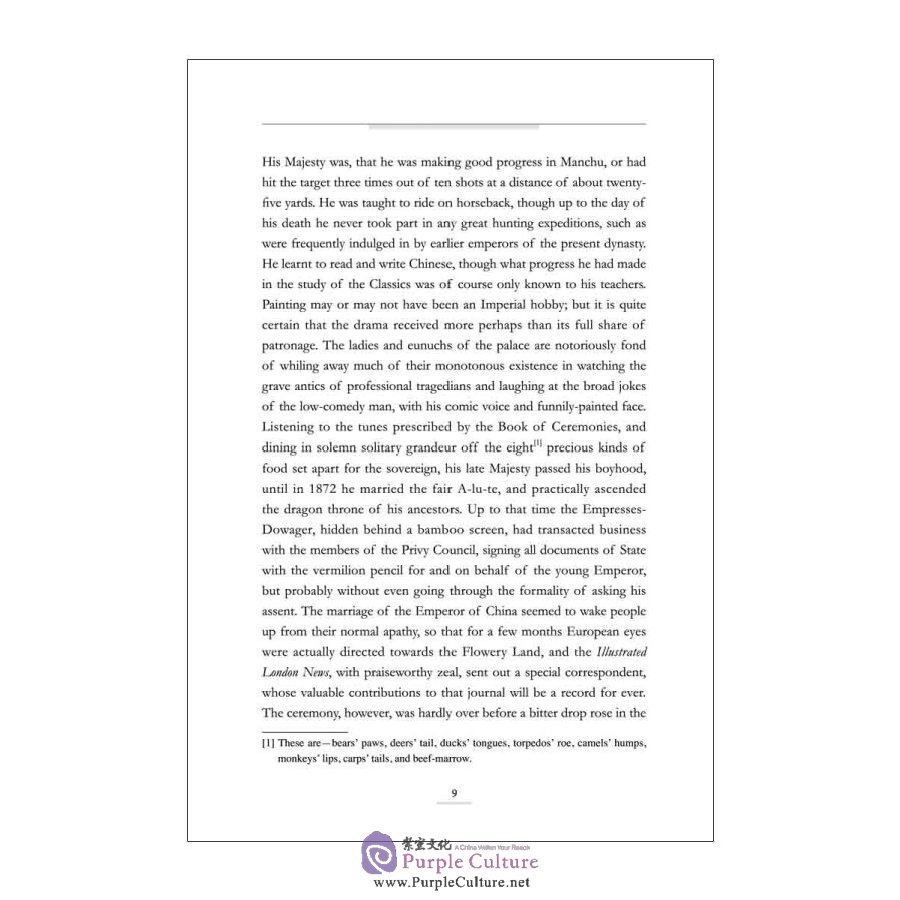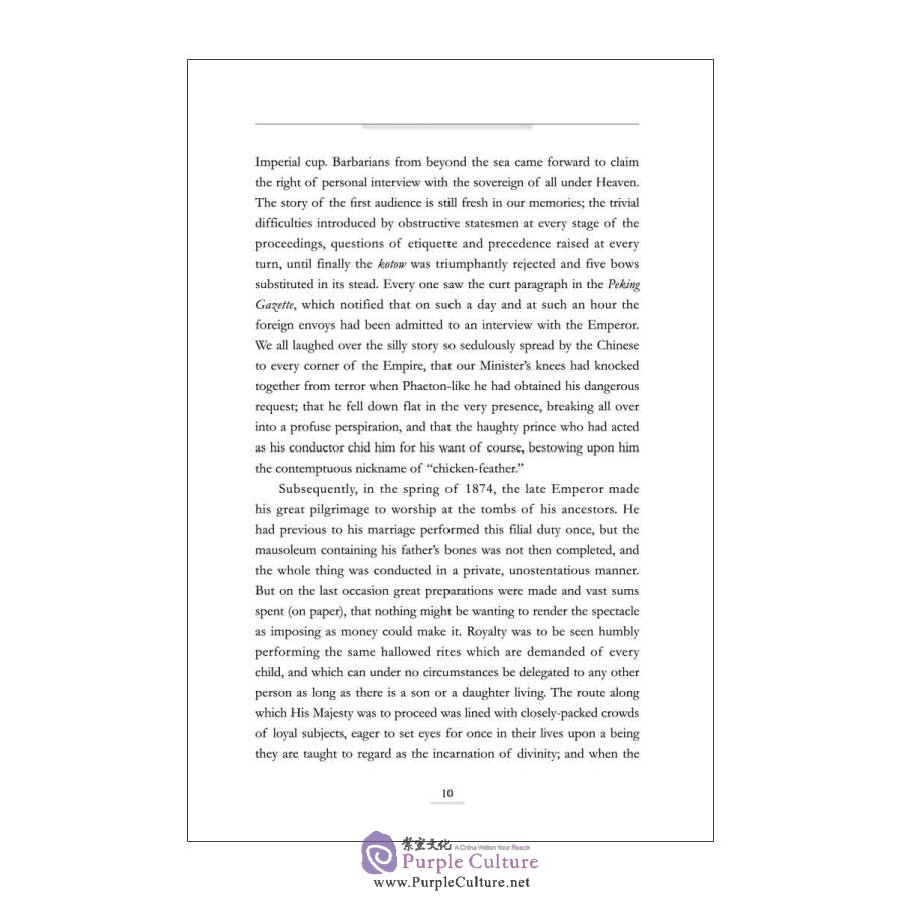Herbert Giles witnessed the Chinese society in the later part of 19th century. This book provides evidence against the demonized imagination of the West about China.
About AuthorHerbert Allen Giles (8 December 1845 – 13 February 1935) was a British diplomat and sinologist who was the professor of Chinese at Cambridge University for 35 years.



A great Chinese festival is the Feast of Lanterns, one which is only second in importance to New Year’s Day. Its name is not unfamiliar even to persons in England who have never visited China, and whose ideas about the country are limited to a confused jumble of pigtails,
birds’-nest soup, and the kotow. Its advent may or may not be noticed by residents in China; though if they know the date on which it falls, we imagine that is about as much as is generally known by foreigners of the Feast of Lanterns.
This festival dates from the time of the Han dynasty, or, in round numbers, about two thousand years ago. Originally it was a ceremonial worship in the temple of the First Cause, and lasted from the 13th to the 16th of the first moon, bringing to a close on the latter date all the rejoicings, feastings, and visitings consequent upon the New Year. In those early days it had no claim to its present title, for lanterns were not used; pious supplicants performed their various acts of prayer and sacrifice by the light of the full round moon alone. It was not till some eight hundred years later that art came to the assistance of nature, and the custom was introduced of illuminating the streets with many a festoon of those gaudy paper lanterns, without which now no nocturnal fete is thought complete. Another three hundred years passed away without change, and then two more days were added to the duration of the carnival, making it six days in all. For this it was necessary to obtain the Imperial sanction, and such was ultimately granted to a man named Ch‘ien, in consideration of an equivalent which, as history hints, might be very readily expressed in taels. The whole thing now lasts from the 13th of the moon, the day on which it is customary to light up for the first time, to the 18th inclusive, when all the fun and jollity is over and the serious business of life begins anew. The 15th is the great time, work of every kind being as entirely suspended as it is with us on Christmas Day. At night the candles are lighted in the lanterns, and crackers are fired in every direction. The streets are thronged with gaping crowds, and cut-purses make small fortunes with little or no trouble. There being no policemen in a Chinese mob, and as the cry of “stop thief ” would meet with no response from the bystanders, a thief has simply to look out for some simple victim, snatch perhaps his pipe from his hand, or his pouch from his girdle, and elbow his way off as fast as he can go.
The following Sketches owe their existence chiefly to frequent peregrinations in Chinese cities, with pencil and note-book in hand. Some of them were written for my friend Mr. F. H. Balfour of Shanghai, and by him published in the columns of the Celestial Empire. These have been revised and partly re-written; others appear now for the first time.
It seems to be generally believed that the Chinese, as a nation, are an immoral, degraded race; that they are utterly dishonest, cruel, and in every way depraved; that opium, a more terrible scourge than gin, is now working frightful ravages in their midst; and that only the forcible diffusion of Christianity can save the Empire from speedy and overwhelming ruin. An experience of eight years has taught me that, with all their faults, the Chinese are a hardworking, sober, and happy people, occupying an intermediate place between the wealth and culture, the vice and misery of the West.
H. A. G.
Sutton, Surrey, 1st November 1875.